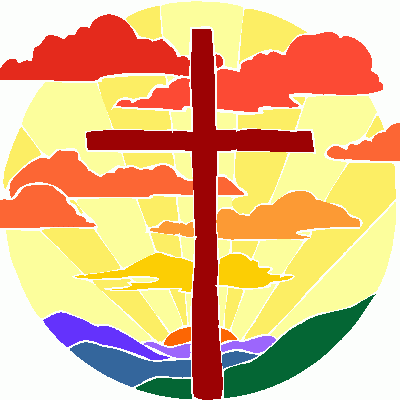Five days before the annual Passover feast, Jesus entered Jerusalem. The story is told in all four Gospels: Matthew 21:1-9, Mark 11:1-10, Luke 19:28-38 and John 12:12-15. He had gone to the city many times before, though. What was the big deal about this particular entrance?
Jesus was making a statement. By riding on a colt, He was deliberately enacting Zechariah’s prophecy of a coming King:
Rejoice greatly, O daughter of Zion!
Zechariah 9:9
Shout in triumph, O daughter of Jerusalem!
Behold, your king is coming to you;
He is just and endowed with salvation,
Humble, and mounted on a donkey,
Even on a colt, the foal of a donkey.
Allusions to Psalm 118, the Passover Song
The crowd’s enthusiastic reaction, going out to meet Him while waving palm branches and lining the road with their coats (a “red carpet” entrance!), also echoed prophecy. Psalm 118 was traditionally sung at the end of the Passover meal. The psalm is usually interpreted as a king’s triumphant entry into the city after victory in battle with the Lord’s help. It includes the line “Blessed is the one who comes in the name of the LORD” (verse 26) which the people shouted as they acclaimed Jesus…meaning that He was the victorious King.
That psalm also contains several other significant lines. The most often quoted is “The stone which the builders rejected has become the chief corner stone.” (verse 22) Jesus applied that line to Himself in Matthew 21:42, Mark 12:10 and Luke 20:17. Peter referred to it when answering to the rulers in Acts 4:5-12. Paul used it when describing the church in Ephesians 2:19-22, and Peter did also in his description of the church in 1 Peter 2:4-8.
That is not the only interesting line, though. There is also “This is the day which the LORD has made; let us rejoice and be glad in it.” (verse 24), which says that God has given the victory, and “The LORD is God, and He has given us light” (verse 27), which harks back to Jesus’ claim to be the Light of the World (John 8:12 and John 12:46). There are “This is the gate of the LORD; the righteous will enter through it.” (verse 20) and “You have become my salvation.” (verse 21) Remember when Jesus said “I am the door; if anyone enters through Me, he will be saved“? (John 10:7-10)
Then there is the last line of verse 27, which has two alternate translations due to some disagreement about the exact meaning of the Hebrew. NASB 1 and many others say something like “Bind the festival sacrifice with cords to the horns of the altar.” while the NIV 2 and several others say “With boughs in hand, join in the festal procession up to the horns of the altar.” Both interpretations agree that the procession is taking a sacrifice to the altar, as Jesus was soon to be taken to the cross. 3
Enemy Reaction
Picture the reaction of Jesus’ enemies to this event. To the religious rulers, here was a man claiming to be the long-awaited Messiah. Despite their avowed longing for the Messiah to arrive, that arrival would also mean that they were displaced from power. Moreover, they would be displaced by a man who had been telling them — and all the people — how wrong they were in the way they lived out God’s Law. If Jesus was not really the Messiah, that would mean that He was the worst of blasphemers. Either way, they were at risk of getting into trouble with the Roman government.
As for that government, Rome wanted order, peace and quiet, above all. This was the era of the Pax Romana, the “Roman Peace” that lasted for 200 years from 27 B.C. until 180 A.D. That era saw great advancement in technology and infrastructure, with relatively few wars. However, this “peace” was facilitated by the way Rome brutally crushed any attempted revolts. Imagine the Roman reaction to a huge crowd praising a new king entering the city, during a festival that already had the place swarming with outsiders! (Estimates are that the city swelled to three or four times its normal population.)
Brace for the Ride!
Jesus was here on earth with a very specific mission, one that required His death. He had been moving steadily along that path for about three years, and was ready for it to reach its culmination. So, in a powder keg of political and religious turmoil, He deliberately lit the fuse. The explosion was on its way!
Footnotes and Scripture References
- New American Standard Bible
- New International Version
- The disagreement is mostly on just two Hebrew words. chag could mean the entire festival, or the sacrifice itself more specifically. aboth could mean “cords”, or it could mean anything similarly entwined, such a wreath or interlaced branches…like the ones the people were waving to welcome Jesus!


